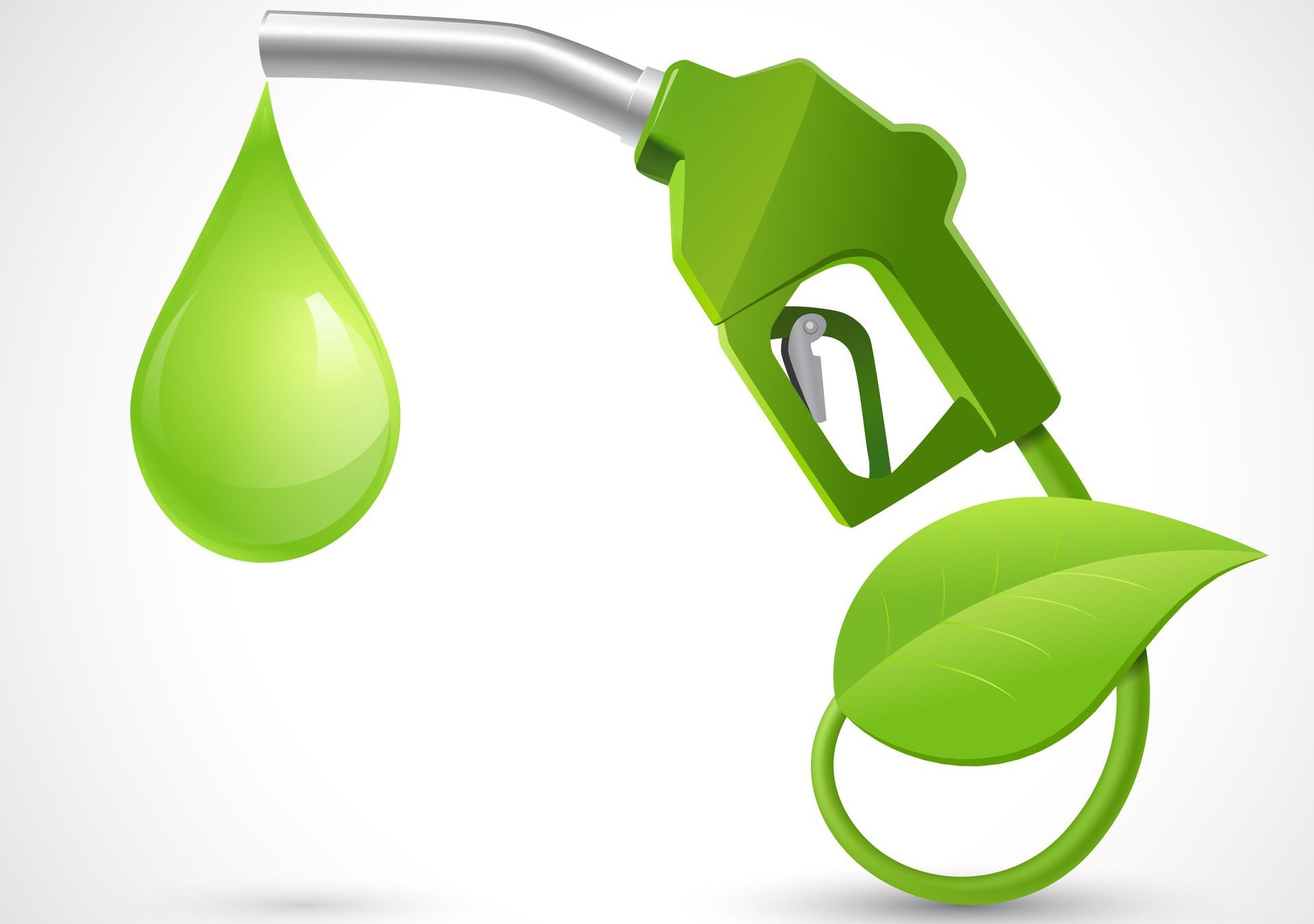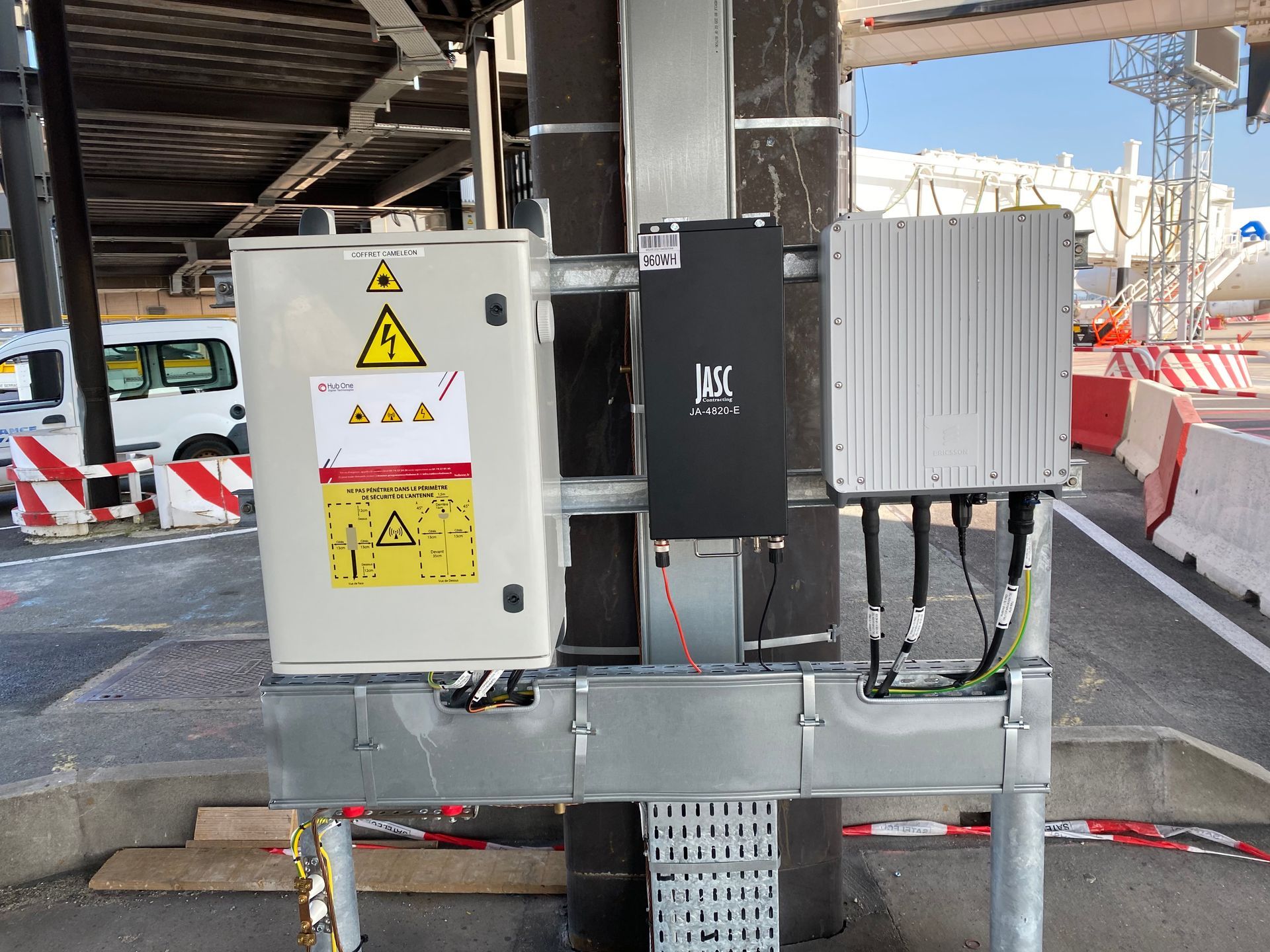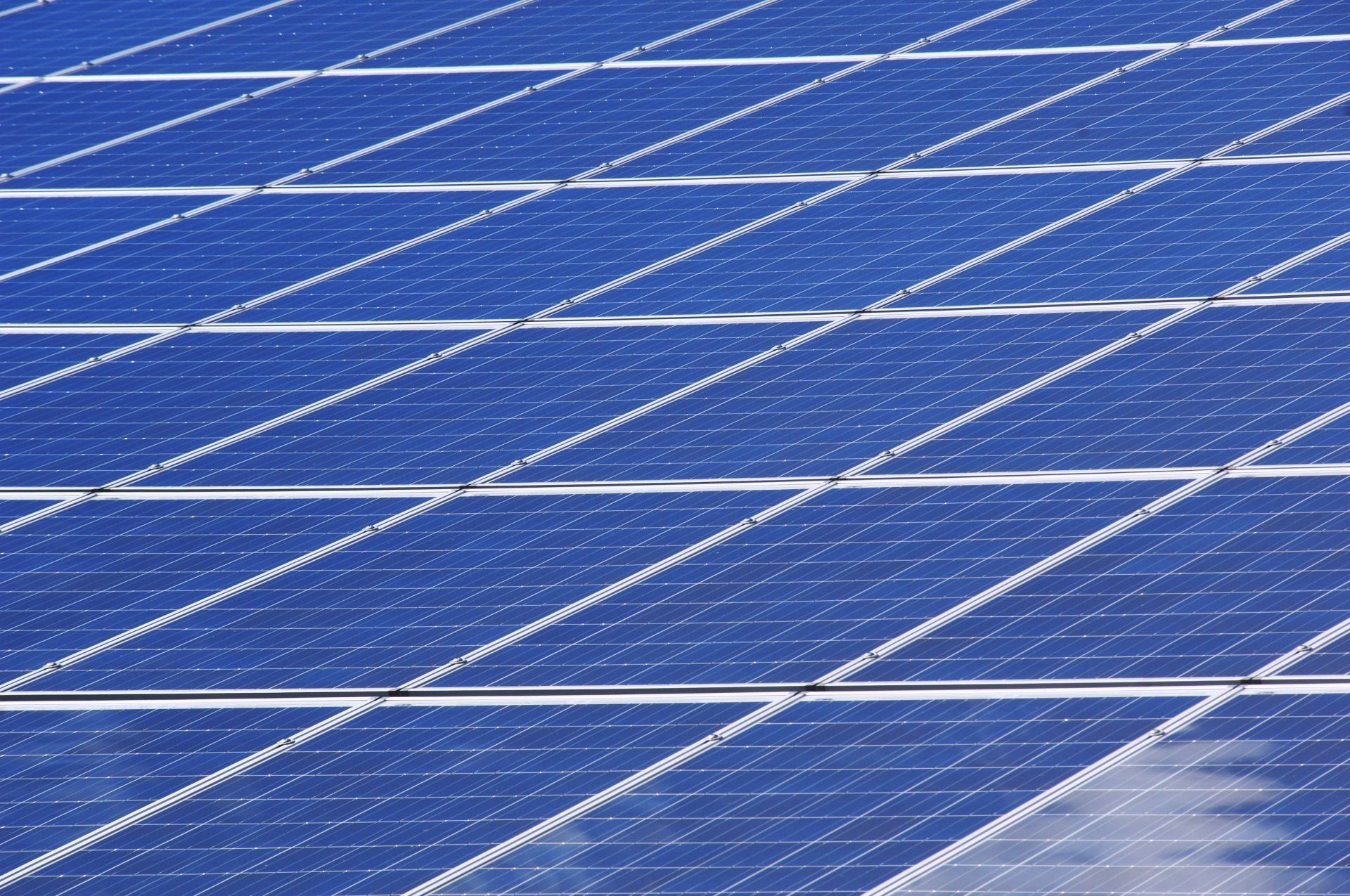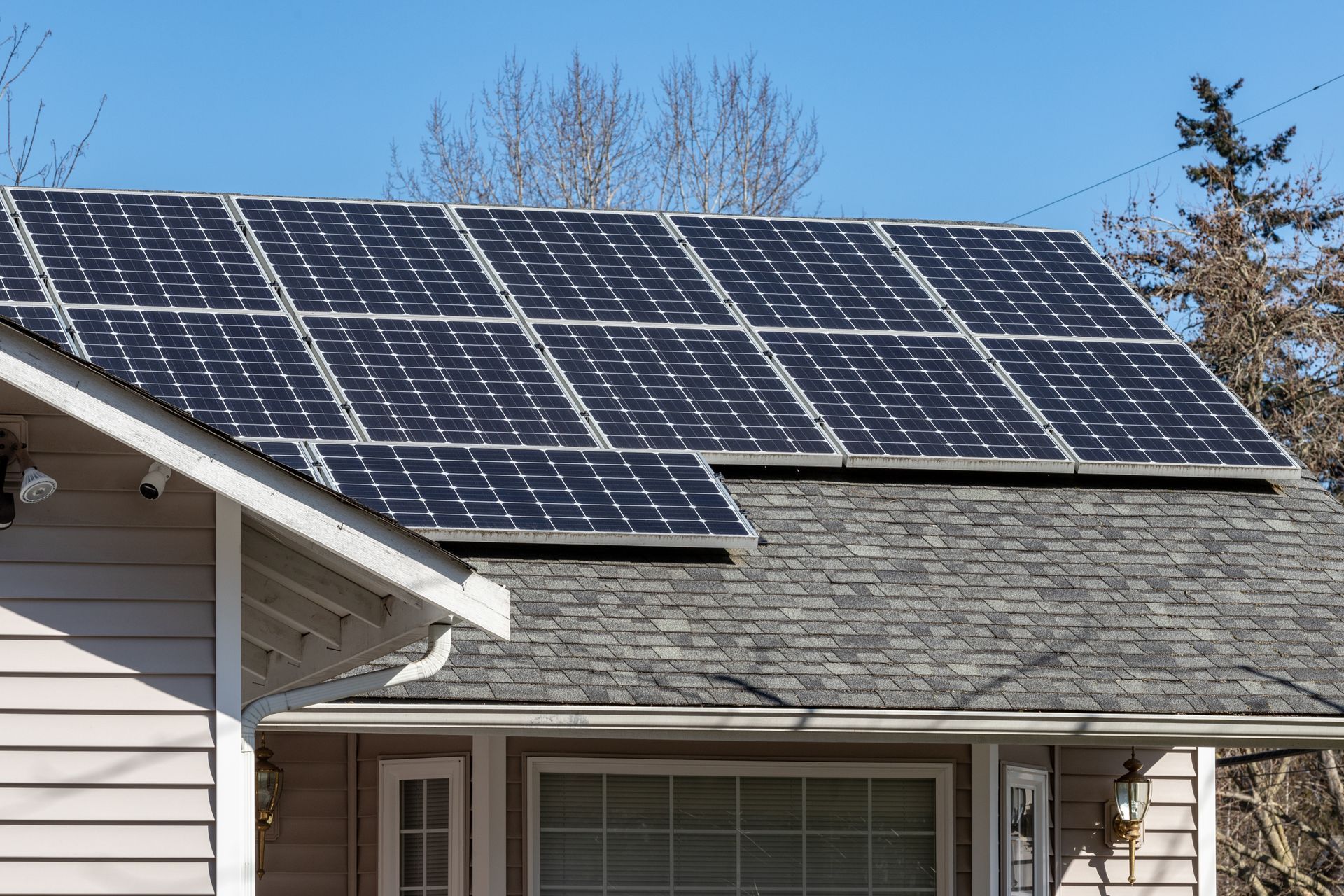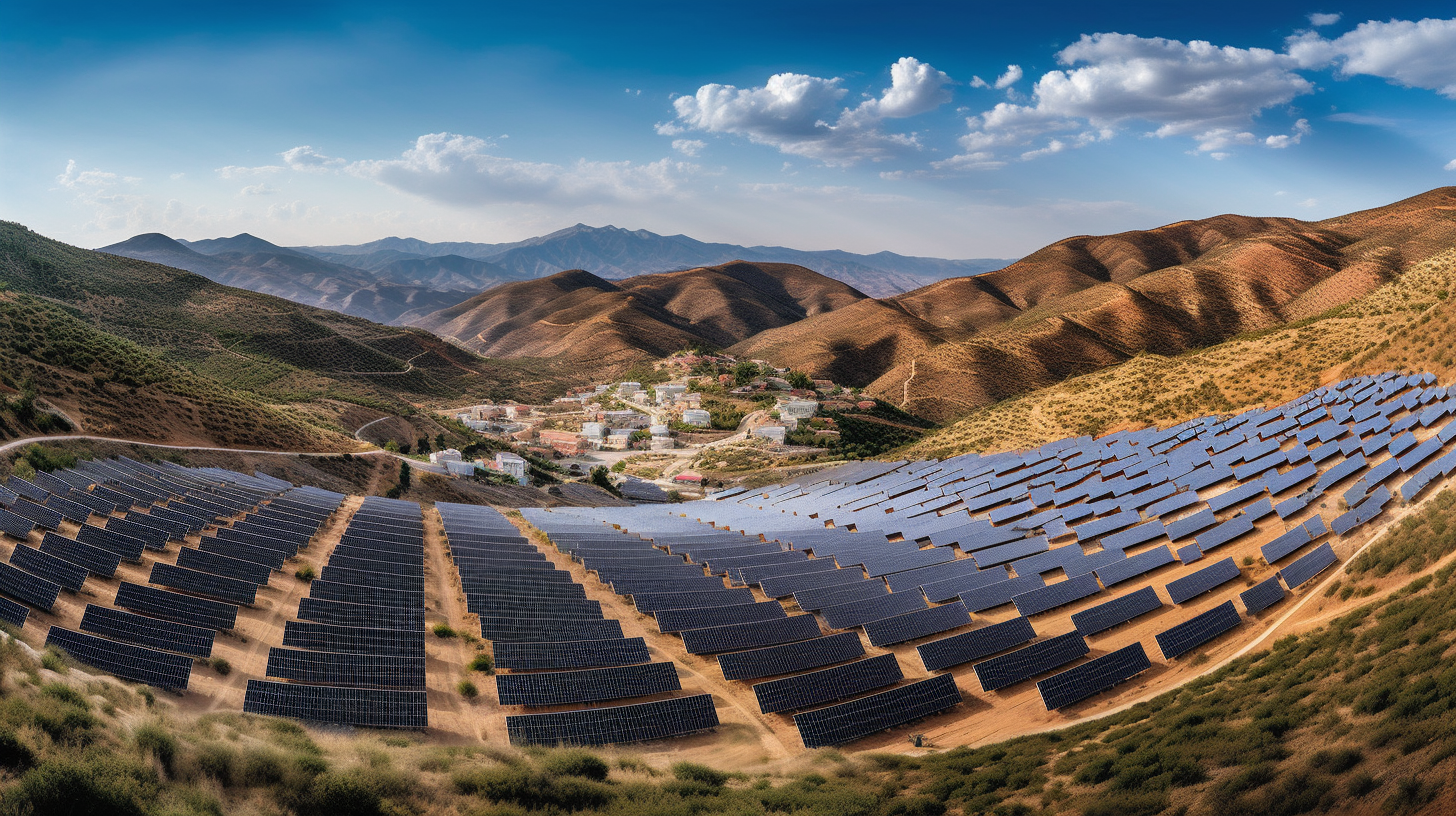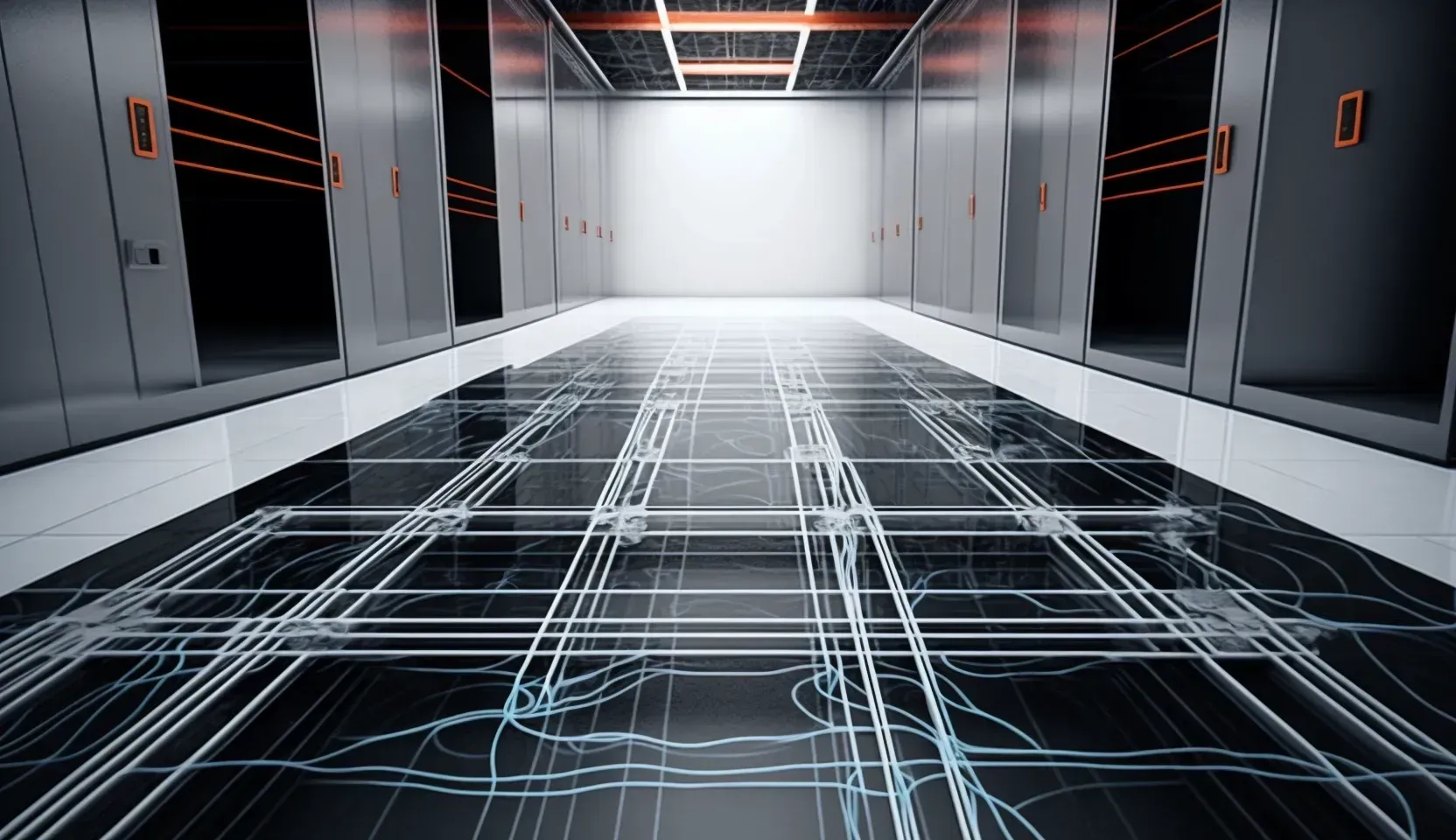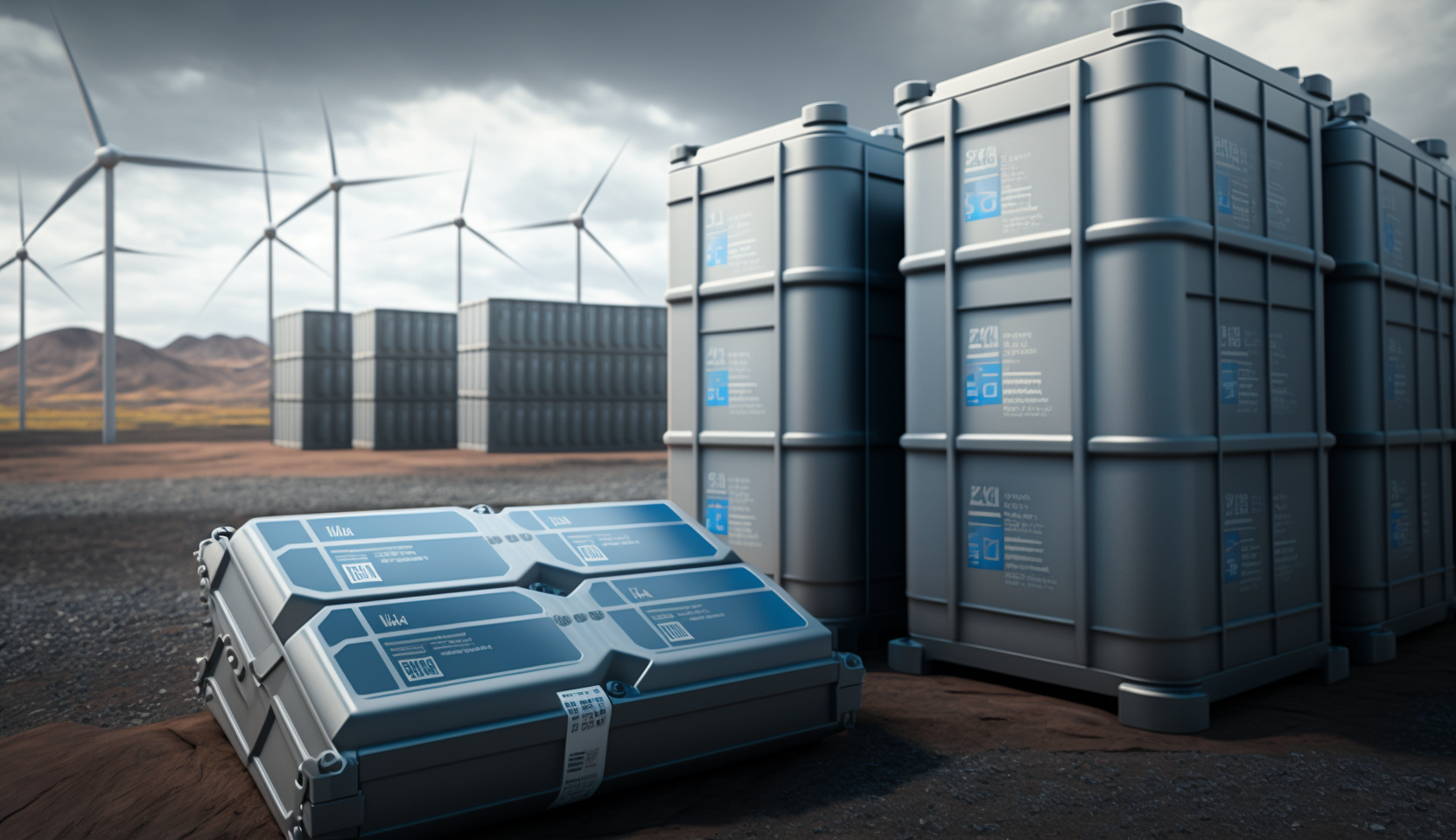TECH TRENDS
Electric vs. Hydrogen Vehicles:
The Pros and Cons
In a changing world focused on sustainability, the automotive industry is evolving too. The old reliance on internal combustion engines is giving way to new, cleaner technologies. Electric vehicles (EVs) and hydrogen vehicles (HVs) are leading this change, prompting discussions about their strengths and weaknesses. This article explores the pros and cons of EVs and HVs, offering insights into these innovative technologies.
Electric Vehicles: the Pros and Cons
Advantages of Electric Vehicles
Electric vehicles have swiftly gained popularity due to their multitude of benefits:
- Zero Emissions: EVs produce zero tailpipe emissions, significantly reducing air pollution and contributing to improved air quality.
- Lower Operating Costs: EVs have fewer moving parts compared to traditional internal combustion engine vehicles, leading to reduced maintenance and operational costs.
- Instant Torque: Electric motors deliver instant torque, resulting in quick acceleration and a responsive driving experience.
- Energy Efficiency: EVs convert a higher percentage of the energy from the grid to power at the wheels, making them more energy-efficient.
- Quiet Operation: The absence of an internal combustion engine makes EVs exceptionally quiet, contributing to reduced noise pollution.
Drawbacks of Electric Vehicles
While electric vehicles offer numerous advantages, there are also some drawbacks to consider:
- Limited Range: Although improving, the range of many EVs is still lower compared to traditional gasoline-powered vehicles, which can create range anxiety for some drivers.
- Charging Infrastructure: The availability of charging stations can vary widely depending on the region, which can be a concern for those without access to convenient charging facilities.
- Charging Time: While home charging is convenient, public fast-charging stations may still require more time to charge compared to refueling a gasoline vehicle.
- Upfront Costs: The initial purchase price of EVs is often higher due to the cost of battery technology, even though operating costs are lower in the long run.
Hydrogen Vehicles: the Pros and Cons
Advantages of Hydrogen Vehicles
Hydrogen vehicles present their own set of advantages:
- Fast Refueling: Hydrogen refueling is comparable to filling up a conventional gasoline vehicle, making it convenient for consumers.
- Longer Range: Hydrogen vehicles typically have a longer driving range than many electric vehicles, eliminating range anxiety for long trips.
- Zero Emissions: The only emission from hydrogen fuel cells is water vapor, making HVs a clean option that contributes to reducing greenhouse gas emissions.
Drawbacks of Hydrogen Vehicles
However, hydrogen vehicles also come with certain challenges:
- Limited Infrastructure: Hydrogen refueling stations are sparse and not as widely available as charging stations, limiting the practicality of HVs in certain areas.
- Hydrogen Production: The production of hydrogen can be energy-intensive, and methods that rely on fossil fuels can diminish the environmental benefits.
- Storage and Distribution: Hydrogen requires specialized storage and transportation, which adds complexity to the overall infrastructure.
Environmental Impact: A Closer Look
Carbon Emissions and Electric Vehicles
The environmental impact of electric vehicles is closely tied to the source of electricity used for charging. In regions where electricity is generated from renewable sources, EVs can have a significantly lower carbon footprint compared to gasoline-powered vehicles.
Hydrogen Production and Environmental Concerns
The environmental impact of hydrogen vehicles depends on the method of hydrogen production. Green hydrogen, produced using renewable energy sources, offers the potential for zero-emission hydrogen fuel. However, the production infrastructure for green hydrogen is still developing.
Infrastructure and Accessibility
Charging Infrastructure for EVs
Charging infrastructure for EVs has experienced significant growth, particularly in urban areas and along major highways. Public and private charging stations are becoming increasingly accessible and convenient for EV owners.
Hydrogen Refueling Stations for HVs
Hydrogen refueling stations, while expanding, are still relatively limited compared to charging infrastructure. As a result, the accessibility of HVs can be hindered in regions with a lack of refueling facilities.
Range and Efficiency
Range of Electric Vehicles
Modern electric vehicles are continually improving their range capabilities. Many current EV models offer ranges that are suitable for daily commuting and even longer journeys with the right charging infrastructure.
Range of Hydrogen Vehicles
Hydrogen vehicles often have a longer range compared to many electric vehicles. This extended range makes them a viable option for drivers who require more flexibility in their travel.
Cost Considerations
Upfront Costs of EVs
The upfront cost of purchasing an electric vehicle can be higher than that of a comparable gasoline vehicle due to the cost of batteries. However, federal incentives and lower operating costs over time can help offset this initial expense.
Costs of Hydrogen Fueling and Infrastructure
While hydrogen vehicles may have lower upfront costs, the expenses associated with hydrogen fueling and the limited availability of refueling stations can impact the overall cost of ownership.
Technological Development and Innovation
Advancements in EV Technology
Electric vehicle technology is rapidly advancing, leading to improvements in battery efficiency, charging speed, and overall performance. These advancements are contributing to the wider adoption of EVs.
Innovations in Hydrogen Vehicle Systems
Hydrogen vehicle systems are also undergoing innovation, particularly in terms of fuel cell efficiency and the exploration of more sustainable methods for hydrogen production.
Practicality and Use Cases
Urban Commuting and EVs
Electric vehicles excel in urban environments, where charging infrastructure is readily available and daily commuting distances are within the vehicle's range.
Long-Distance Travel and HVs
Hydrogen vehicles are better suited for long-distance travel due to their longer range and faster refueling times compared to charging an EV.
Market Trends and Consumer Preference
Global EV Adoption
Electric vehicles are experiencing widespread adoption worldwide, with an increasing number of consumers recognizing the environmental and economic benefits of EV ownership.
HVs in the Automotive Market
Hydrogen vehicles are still relatively niche in the automotive market due to factors such as limited refueling infrastructure, higher upfront costs, and ongoing research and development.
Conclusion
In the pursuit of a sustainable transportation future, both electric and hydrogen vehicles have their unique strengths and challenges. Electric vehicles offer zero tailpipe emissions, widespread charging infrastructure, and continuous technological advancements. On the other hand, hydrogen vehicles provide longer ranges, faster refueling, and the potential for zero-emission hydrogen production. The choice between these technologies depends on various factors, including driving habits, infrastructure availability, and environmental considerations. As both EVs and HVs continue to evolve, it's clear that the future of transportation will be shaped by a diverse range of clean energy solutions.

